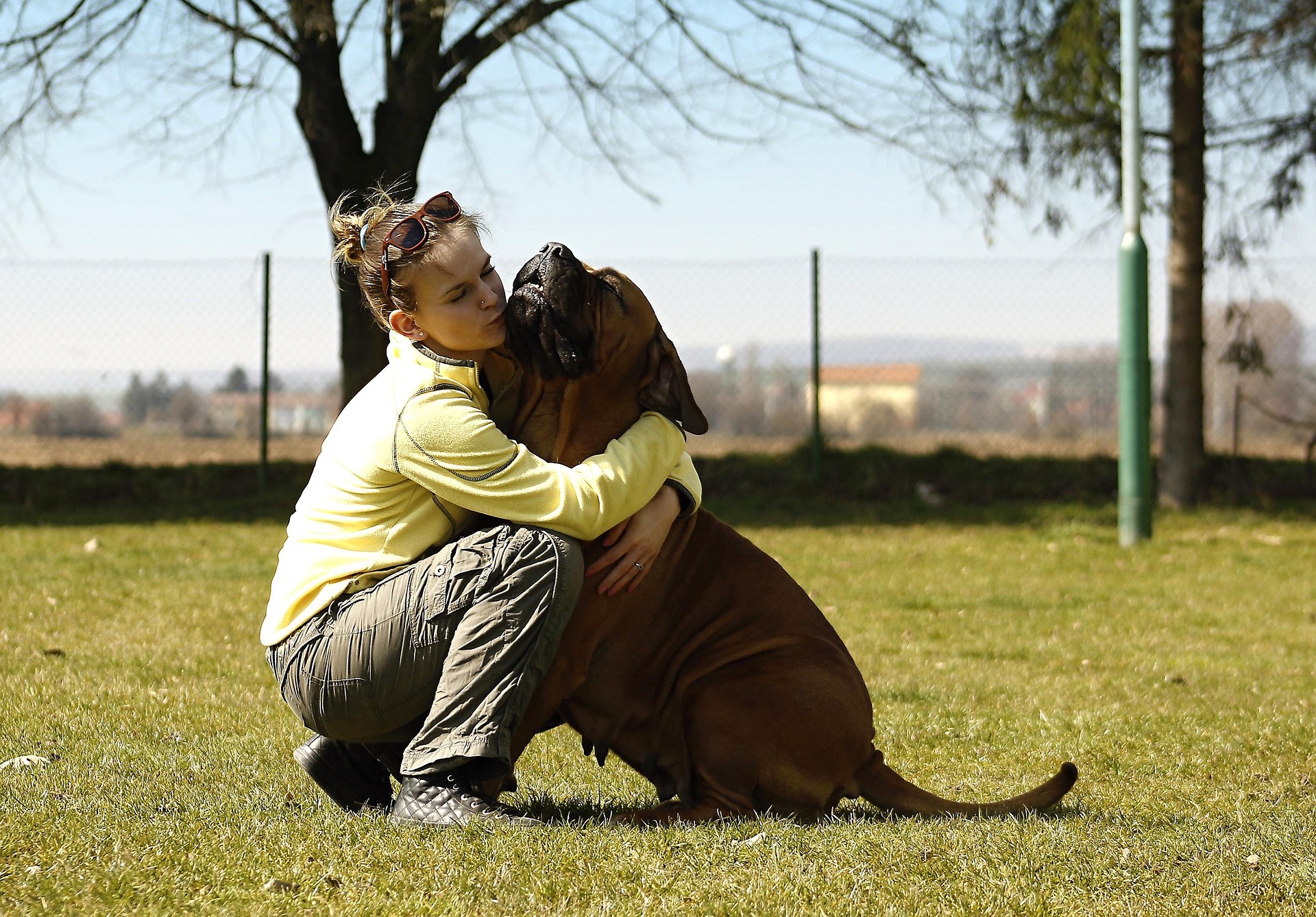There’s so much to love about having a pet in the home. Whether you opt for a cat, dog, rabbit, or something else entirely, having a friendly animal by your side can lead to cherished lifelong memories, years of companionship and comfort, and enjoying the unconditional love that only a pet can provide.
Of course, adopting a pet is also a huge decision—and one that shouldn’t be taken lightly. While there are so many amazing things about having a pet, it also comes with lots of hard work and responsibility. You and your family need to be aware of the reality of owning a pet, and should be prepared to both enjoy the good times and handle the tougher moments.
In this guide, we’ll go over eight key things to consider before making the decision to adopt a pet, ensuring you and your family are prepared to give the newest member the care and attention they deserve.
1: Find Out If Everyone in the Home Wants a Pet
One often overlooked consideration when thinking about adopting a pet is whether everyone in your home is on board with the idea. Believe it or not, some people just aren’t animal lovers and won’t necessarily be thrilled about sharing their space with a cat or a dog.
Everyone in your home should be enthusiastic about getting a pet. Pets make great companions and someone who has never lived with a pet may need adjusting to the reality of caring for another living being. It is important to not force another family member into adopting a pet.
2: Understand the Realities of Pet Care
When we think of caring for a pet, we might first think about the best moments: cuddling on the couch, scenic hikes, and tranquil mornings with your furry friend. While these are definitely the best parts of having a pet, you also need to be prepared for the other side of pet care. This includes things like walking your dog on a cold and rainy day, cleaning the litter box, etc. Pet care also has a financial aspect (which we will discuss later in the article). It’s important to have a balanced idea of what caring for a pet is really like.
3: Think About How a Pet Fits Into Your Lifestyle
Being objective about your lifestyle and workplace commitments will ensure you have the time and energy to give your pet the proper care it needs. Communication within the family about the need for walking and feeding the dog, cleaning the cat’s litter box, taking your companions for veterinary visits, etc. are all important considerations.
It is also important to objectively evaluate your own lifestyle and choose the pet or breed you will adopt. When choosing a dog breed it is imperative to understand various dog breeds and their natural behaviors. Choose a dog breed that fits your current lifestyle. Perhaps a cat fits your lifestyle better. These are important considerations for a long-term joyful relationship with a pet companion. Make sure that having a pet makes sense for your lifestyle to ensure it gets the time, attention, and care that it needs.
4: Consider Whether You’re Financially Prepared for a Pet
The financial aspect of having a pet goes far beyond food, collars, and litter boxes. Veterinary care is expensive, and it is important that you do not have to make financial decisions for an emergency or if your pet is diagnosed with a lifelong illness. Subscribing for pet medical insurance is a reliable way to make sure you can afford the care your pet may require. You may wish to speak with your veterinary clinic team for insights into how to best choose insurance cover. In addition, it is a good practice to have a savings account for those unforeseen situations. Make sure you’re financially prepared to care for a pet for their entire life.
5: Make Sure to Adopt From an Ethical, Reputable Source
Another consideration is where you adopt the pet from. We strongly recommend adopting a pet in need from a reputable shelter. Not only does this give an animal a second chance at a happy life, but it also means you’ll get more complete medical information and accountability from the adoption source.
6: Be Prepared to Be Patient
Welcoming a pet into the home can take time. Many animals will need a period to adjust to their new environment, and for some, this can take much longer than others. Make sure you’re prepared to be patient and loving with your pet as they get used to their new home.
7: Consider How Your Pet Will Adjust to Life in Your Home
If you have children or pets in the home, you’ll need to educate the children about the addition of a new pet to the household. Puppies and kittens are easier to integrate into a family, but they will need a period of training and learning of behaviours of their new environment (your home). Adopting an adult pet can often be easier as they do not need to learn everything from scratch. Evaluating the needs of your existing adult pets and their adjustment to the new introduction is also very important. Are they good with other animals of the same species or another species? Answering these questions will ensure your home is a safe, comfortable place to bring a new pet.
8: Establish a Relationship with a Trusted Vet Early On
Last, but certainly not least, it’s vital that you get in touch with a veterinarian almost immediately after adopting a pet. They’ll be able to give your new pet a full examination to ensure they’re healthy and will be your go-to resource for answers and guidance whenever you need them.
Creative Commons Attribution: Permission is granted to repost this article in its entirety with credit to Hastings Veterinary Hospital and a clickable link back to this page.






